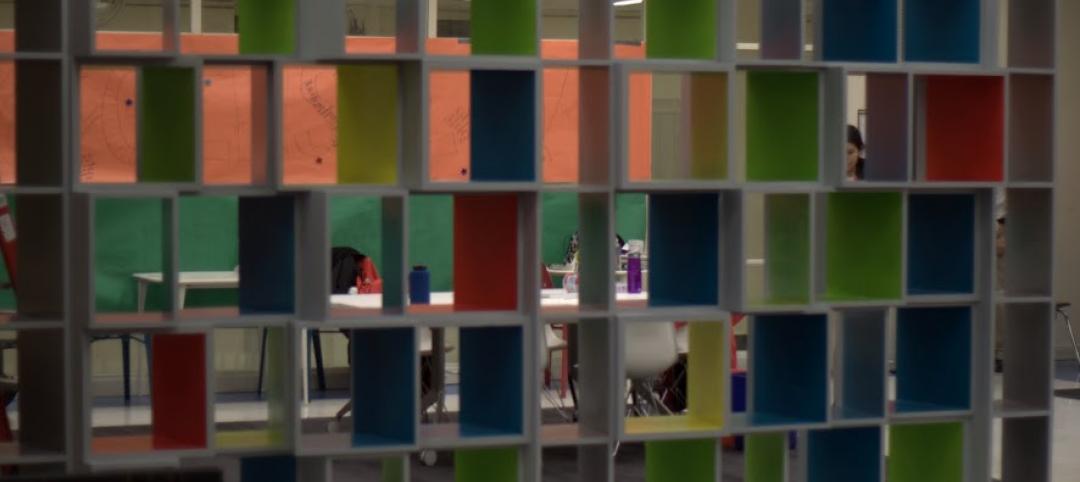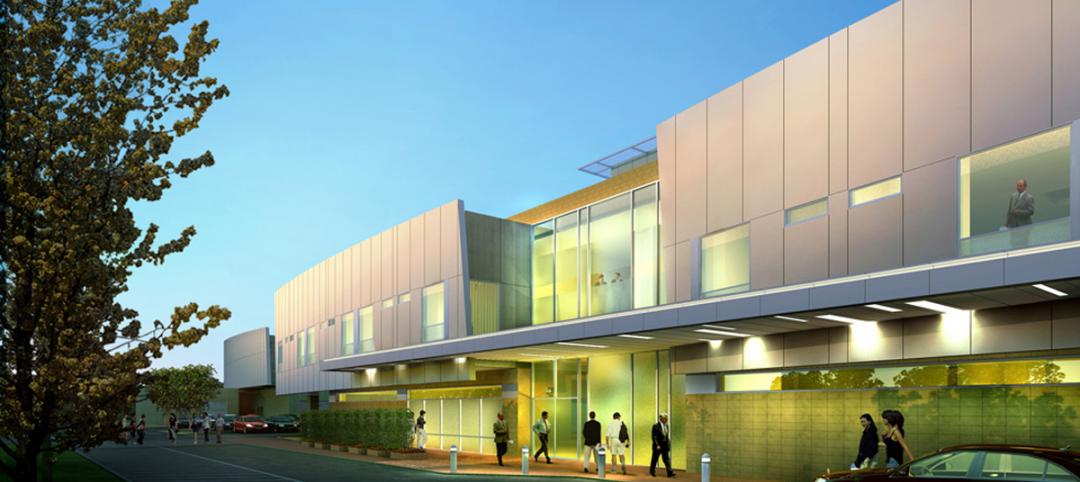Researchers are making significant strides in reducing embedded carbon in concrete, but public policies have been slow to adopt this more sustainable option, according to Matthew P. Adams, an associate professor and co-director of the Materials and Structures Laboratory at New Jersey Institute of Technology.
Knowledge and technical data about greener concrete must be more widely dispersed to government decision-makers and industry to foster increased adoption of sustainable concrete, Adams says. “Building codes at the local, state, and national level are slow to permit the use of new technologies in building materials, despite extensive strength and durability testing,” he says.
“Many public agencies and engineering companies are afraid to embrace new methods without strong proof of their long-term durability and performance in real-world applications,” Adams says. But, making “accessible, easily digestible information” about the performance of greener concrete options, how best to specify these materials, and what materials are locally available to policymakers does have an impact, he notes.
For example, officials in the Village of Hastings-on-Hudson, N.Y., committed to promoting the use of low-carbon concrete materials in building and infrastructure projects. They backed up new policy with education and support to the construction industry about low-embodied carbon concrete. These efforts led to multiple local projects built with more environmentally friendly concrete including sidewalks and a new elementary school.
The town’s success led to other New York communities passing similar resolutions. The New York State Legislature subsequently passed the Low Embodied Carbon Concrete Leadership Act to advance the use of greener concrete statewide. Such public policy actions will be needed to take full advantage of the promise of more sustainable concrete materials devised in labs, Adams says.
Related Stories
| May 23, 2012
New hospitals invest in data centers to manage growth in patient info
Silver Cross became one of the first hospitals to install patient tracking software so families know where a patient is at all times. New communication equipment supports wireless voice and data networks throughout the hospital, providing access to patients and their families while freeing clinicians to use phones and computers where needed instead of based on location.
| May 21, 2012
$61,000 awarded to students in Cleveland’s ACE Mentor Program
Mayor Frank G. Jackson gives keynote address at scholarship event for 80 Cleveland Metropolitan School District students involved in the ACE Mentor Program, which provides guidance and assistance for students interested in careers in the integrated construction industry.
| May 15, 2012
One World Trade Center goes to new height of sustainability
One of the biggest challenges in developing this concrete mixture was meeting the Port Authority of New York/New Jersey’s strict requirement for the replacement of cement.
| May 14, 2012
Adrian Smith + Gordon Gill Architecture design Seoul’s Dancing Dragons
Supertall two-tower complex located in Seoul’s Yongsan International Business District.
| May 11, 2012
CRSI appoints Brace chairman
Stevens also elected to board of directors and vice-chair.
| May 8, 2012
Gensler & J.C. Anderson team for pro bono high school project in Chicago
City Year representatives came to Gensler for their assistance in the transformation of the organization’s offices within Orr Academy High School, which also serve as an academic and social gathering space for students and corps members.
| May 8, 2012
Morgan/Harbour completes three projects at Columbia Centre
Projects completed on behalf of property owner, White Oak Realty Partners, LLC, Pearlmark Realty Partners, LLC and Angelo Gordon & Co.
| May 7, 2012
2012 BUILDING TEAM AWARDS: TD Ameritrade Park
The new stadium for the College World Series in Omaha combines big-league amenities within a traditional minor league atmosphere.
| May 3, 2012
Ground broken for $94 million hospital expansion at Scripps Encinitas
New facility to more than double emergency department size, boost inpatient beds by 43%.
| May 2, 2012
Building Team completes two additions at UCLA
New student housing buildings are part of UCLA’s Northwest Campus Student Housing In-Fill Project.
















